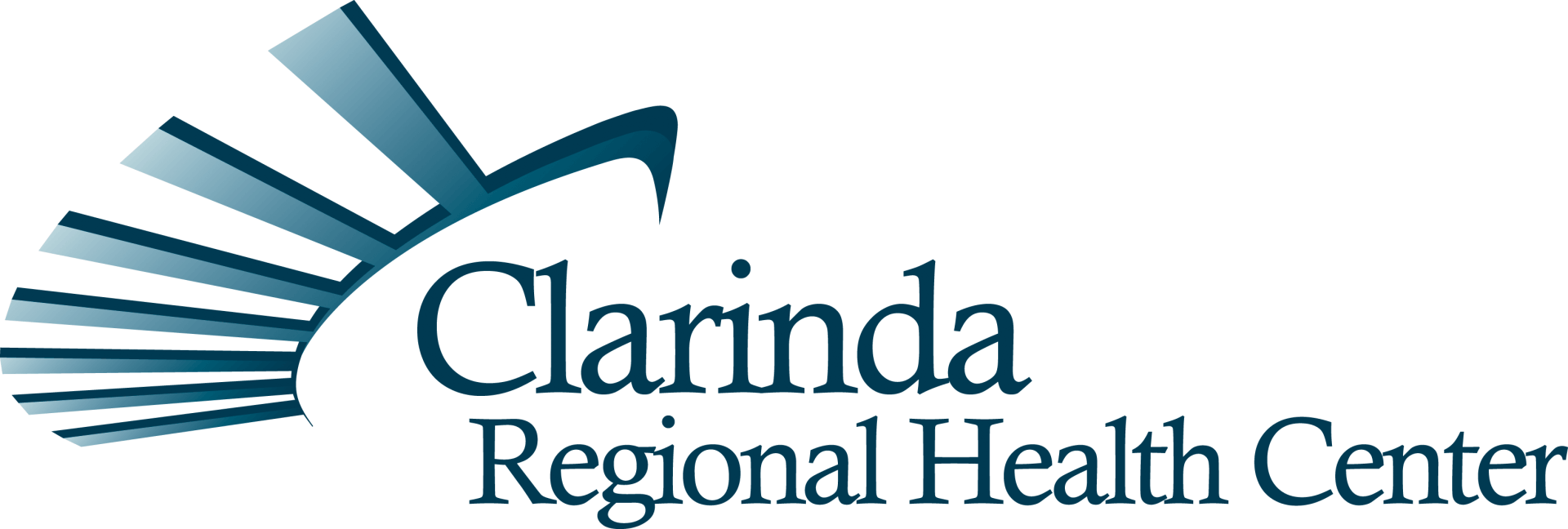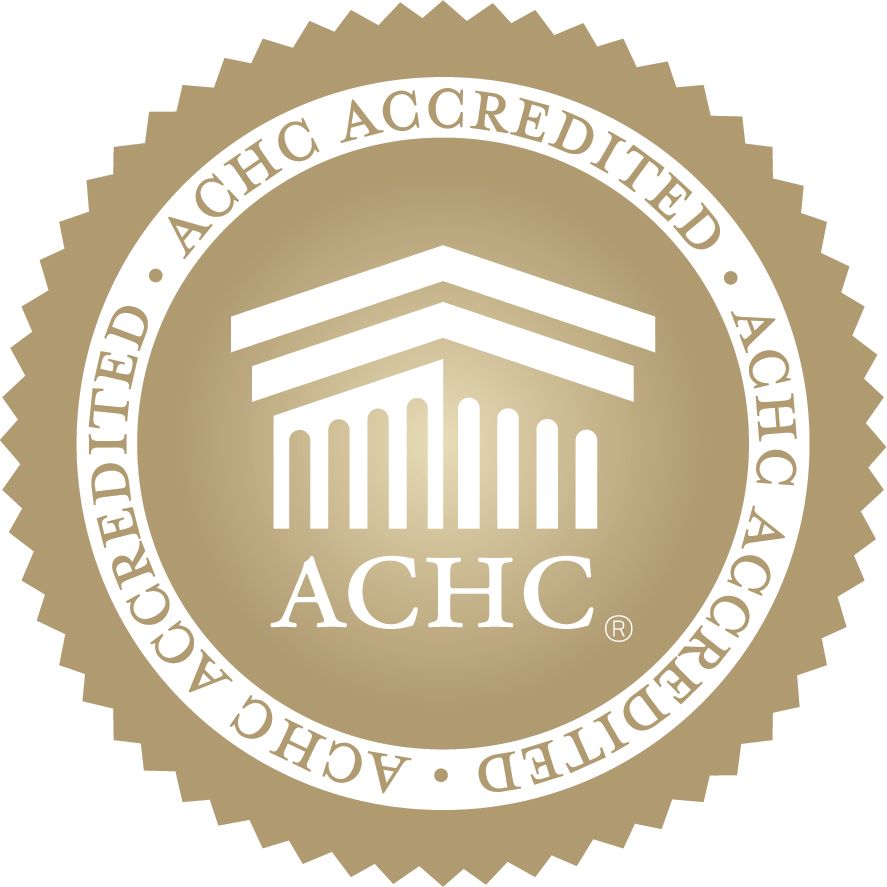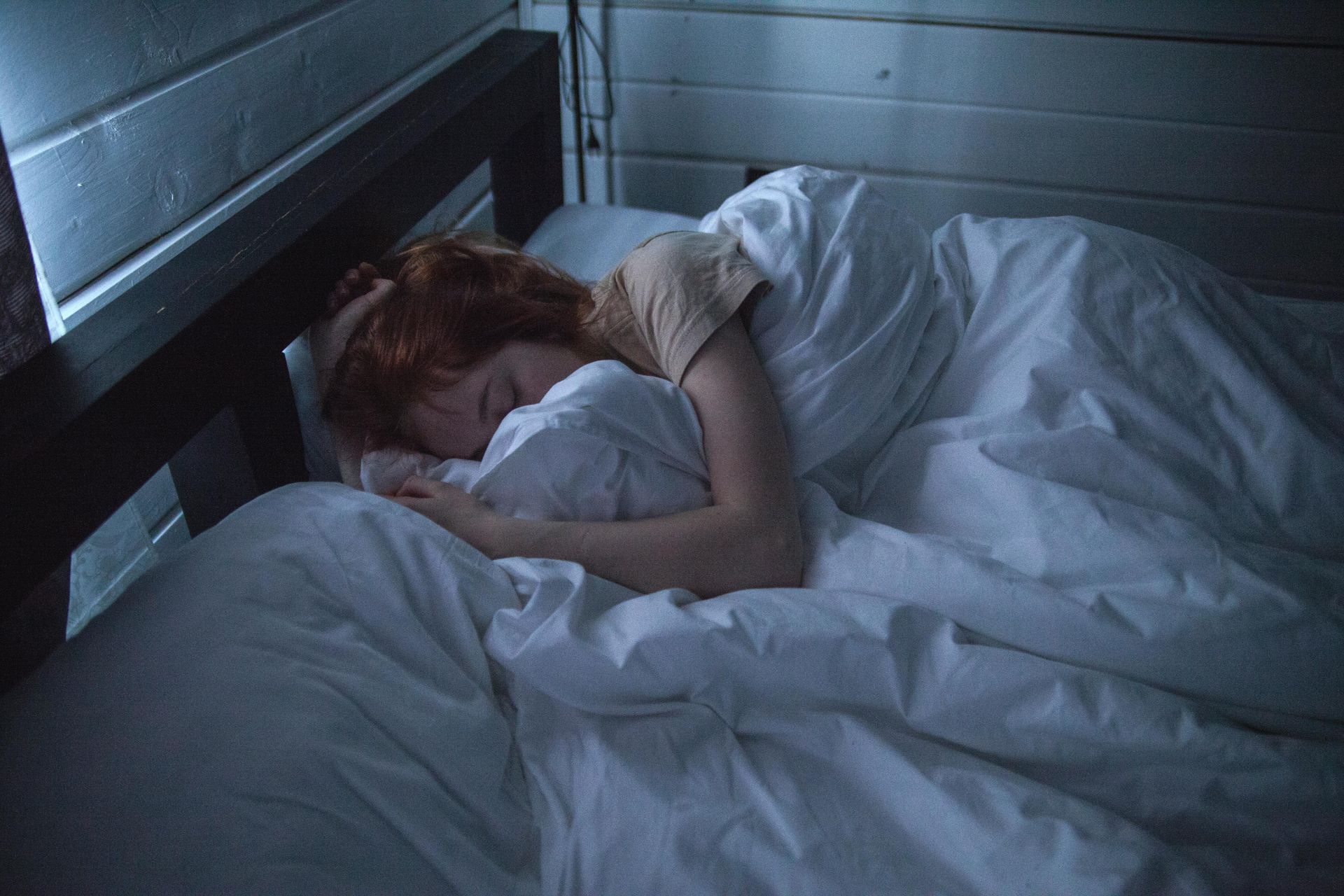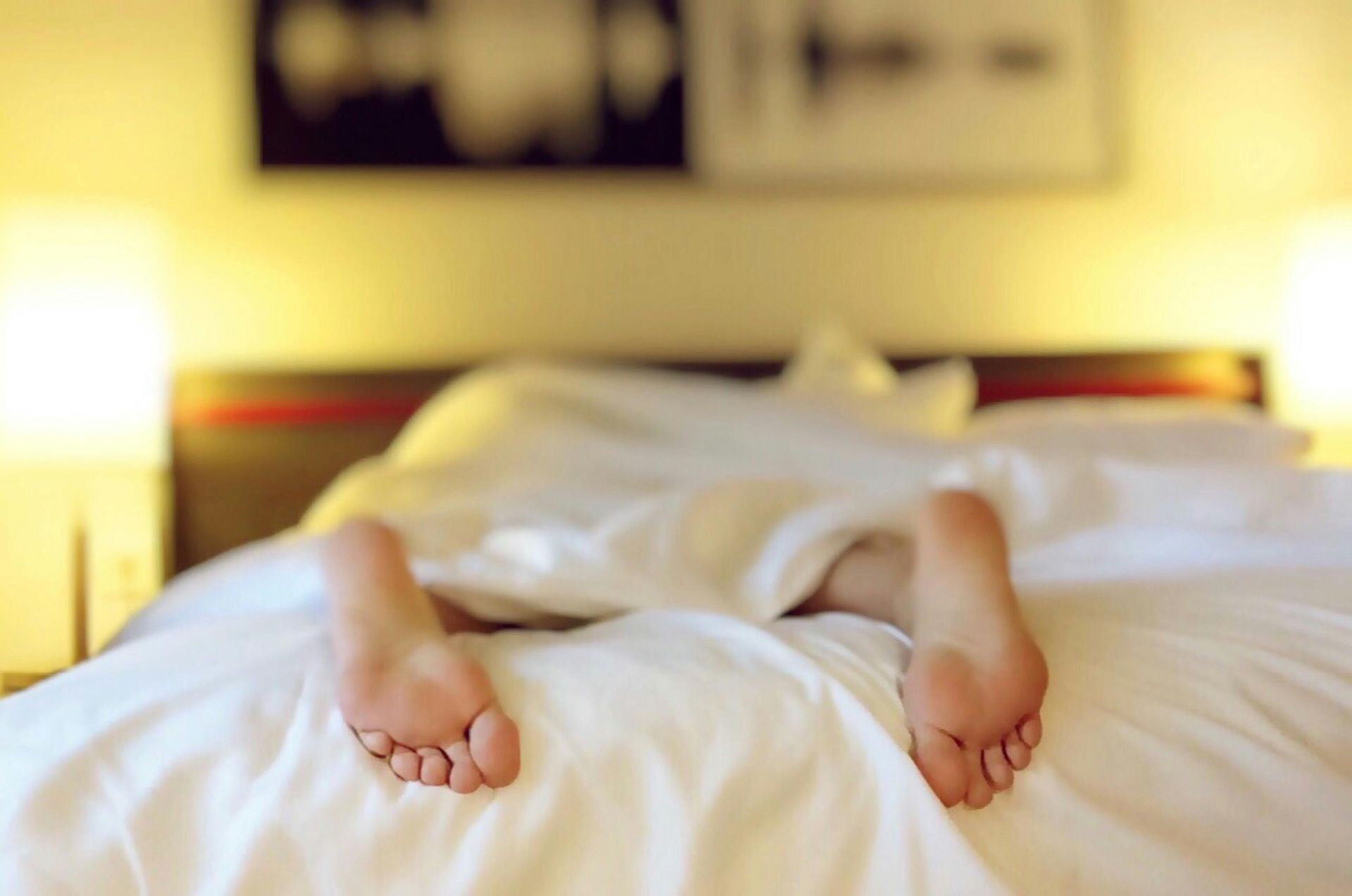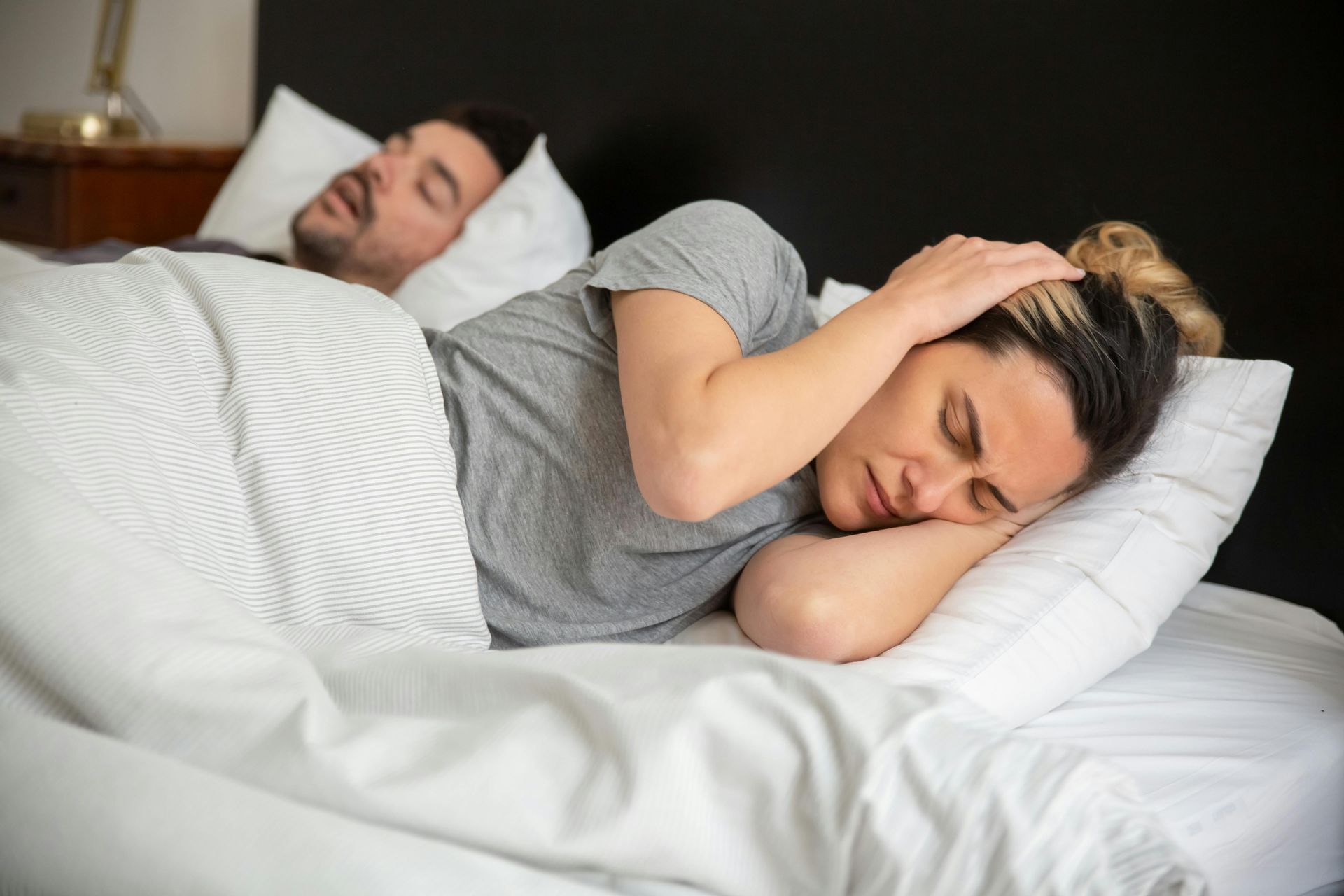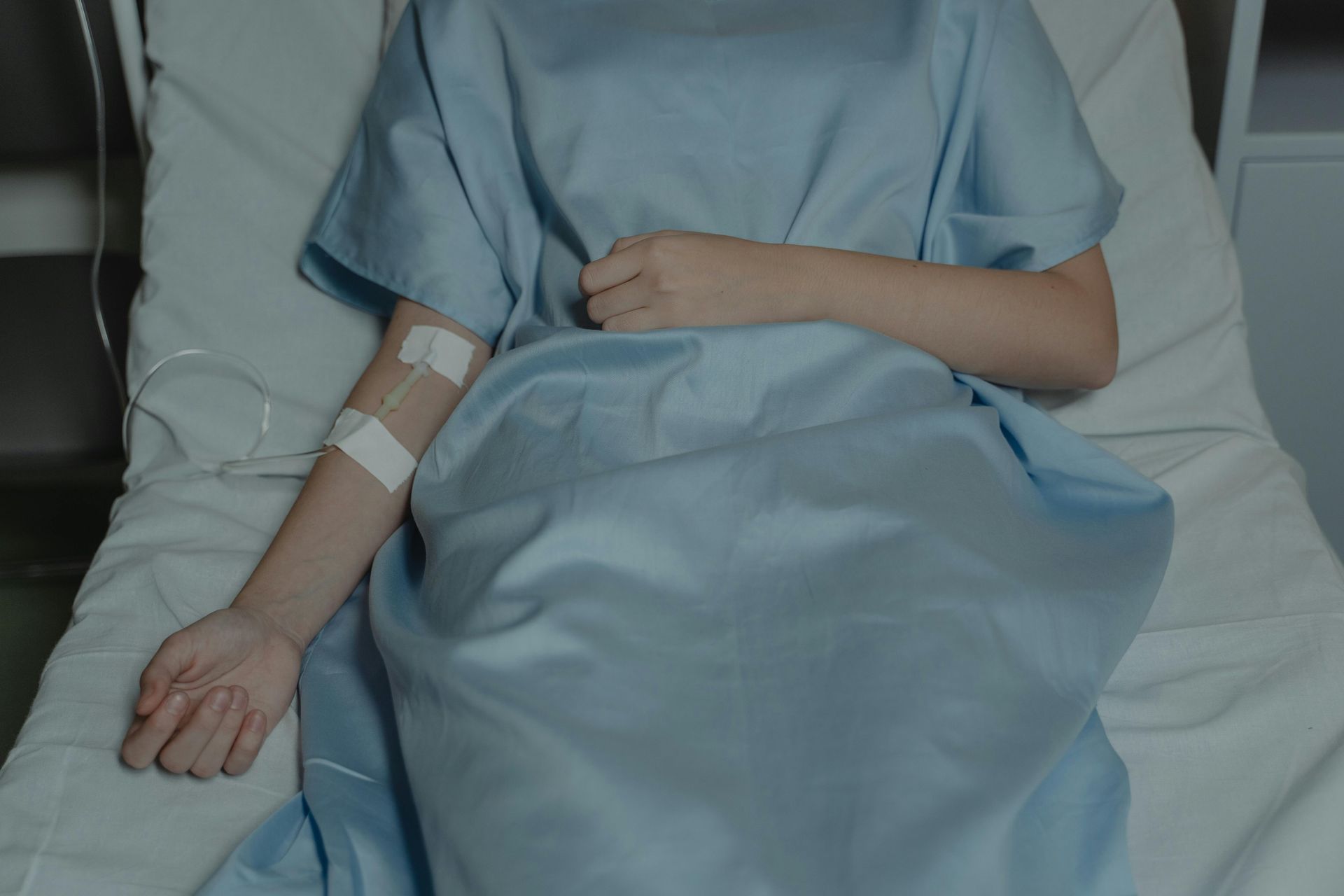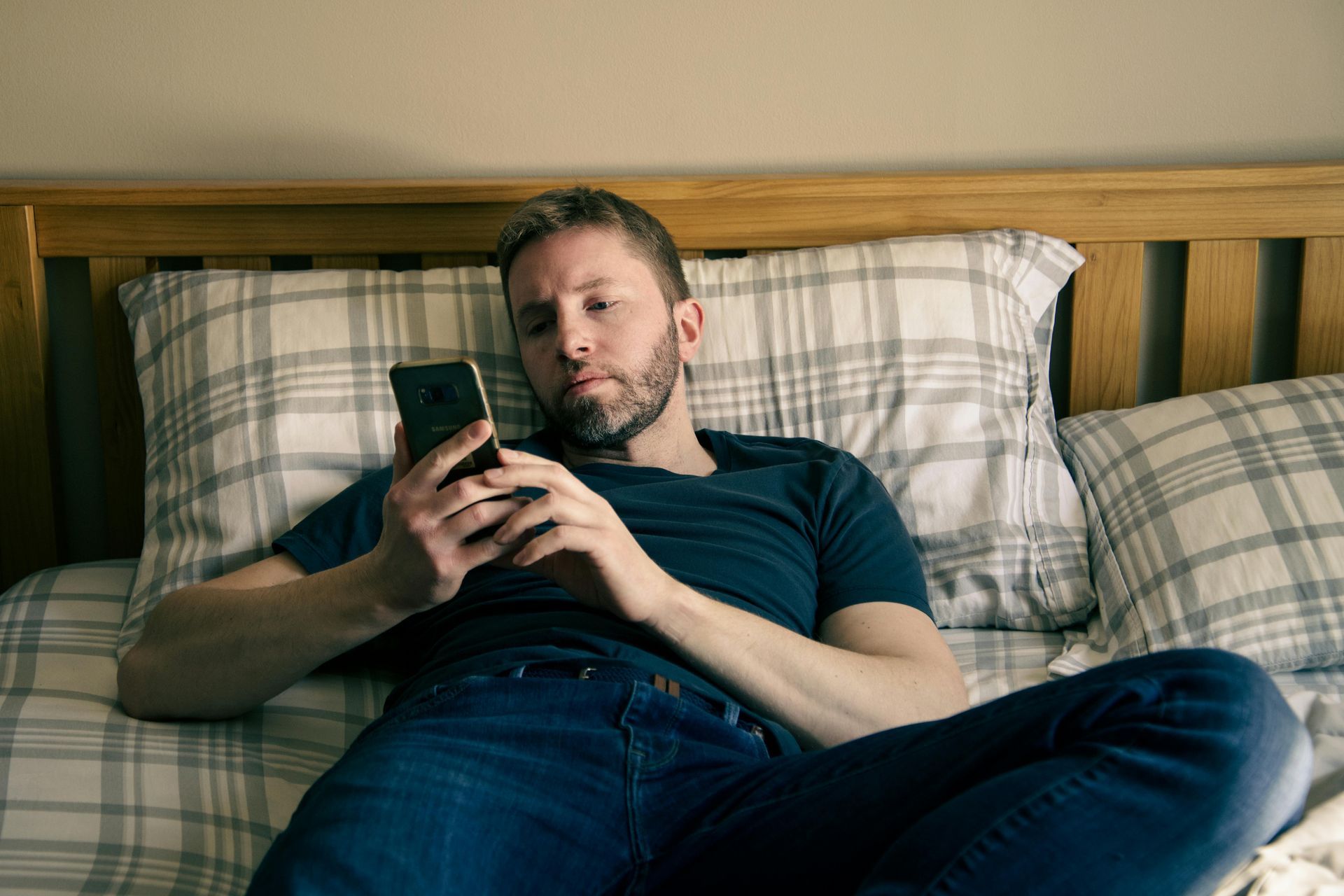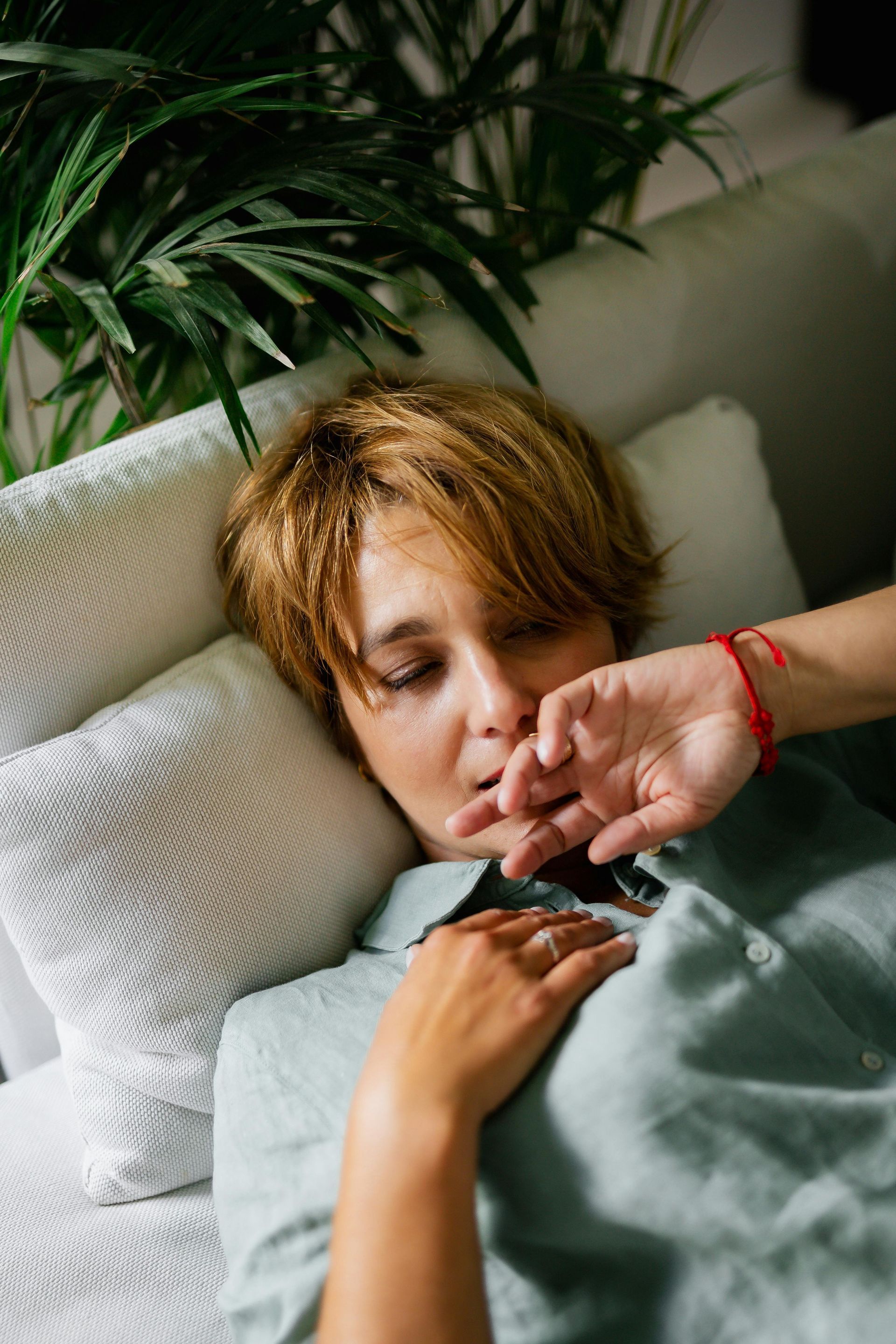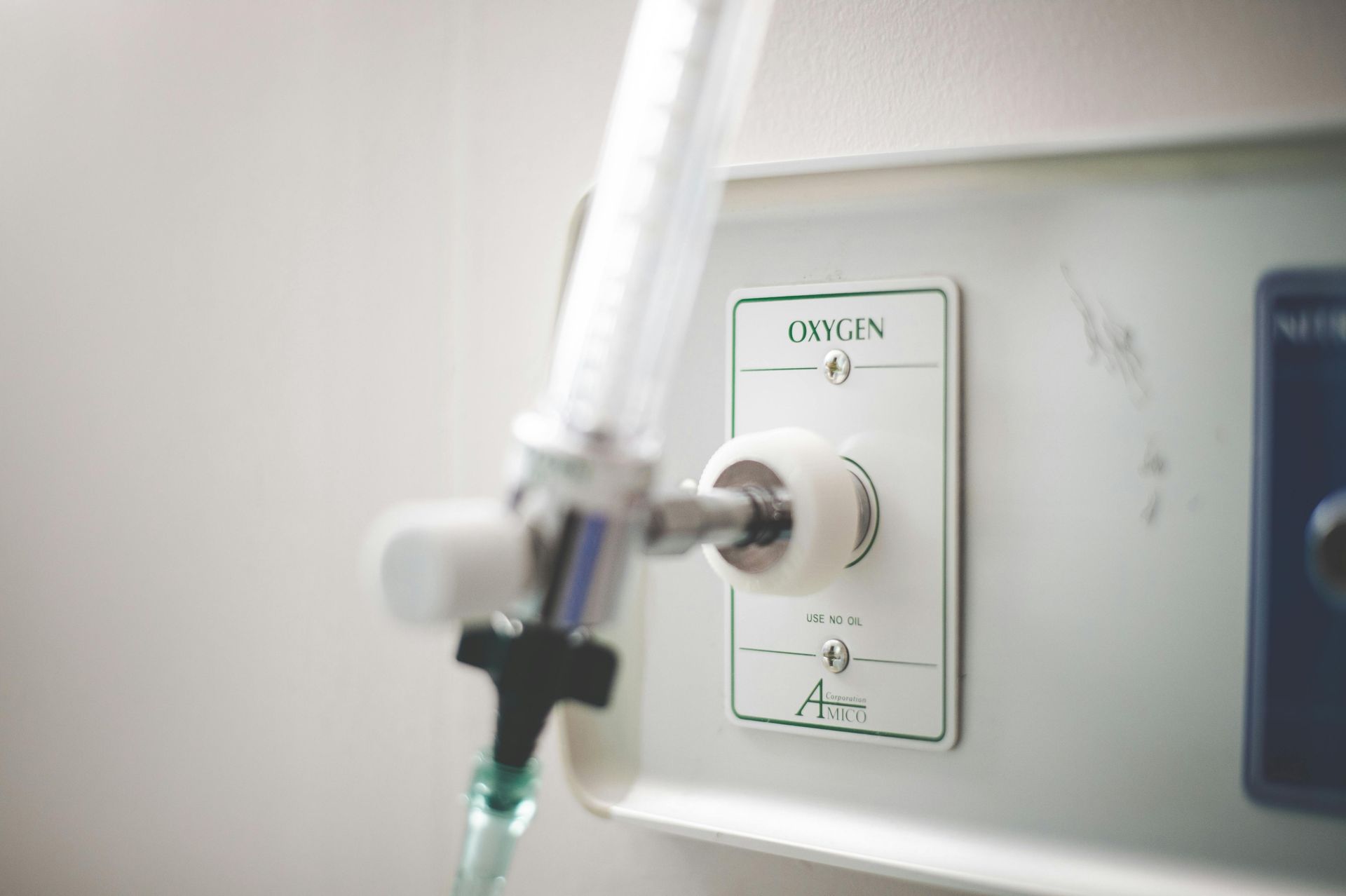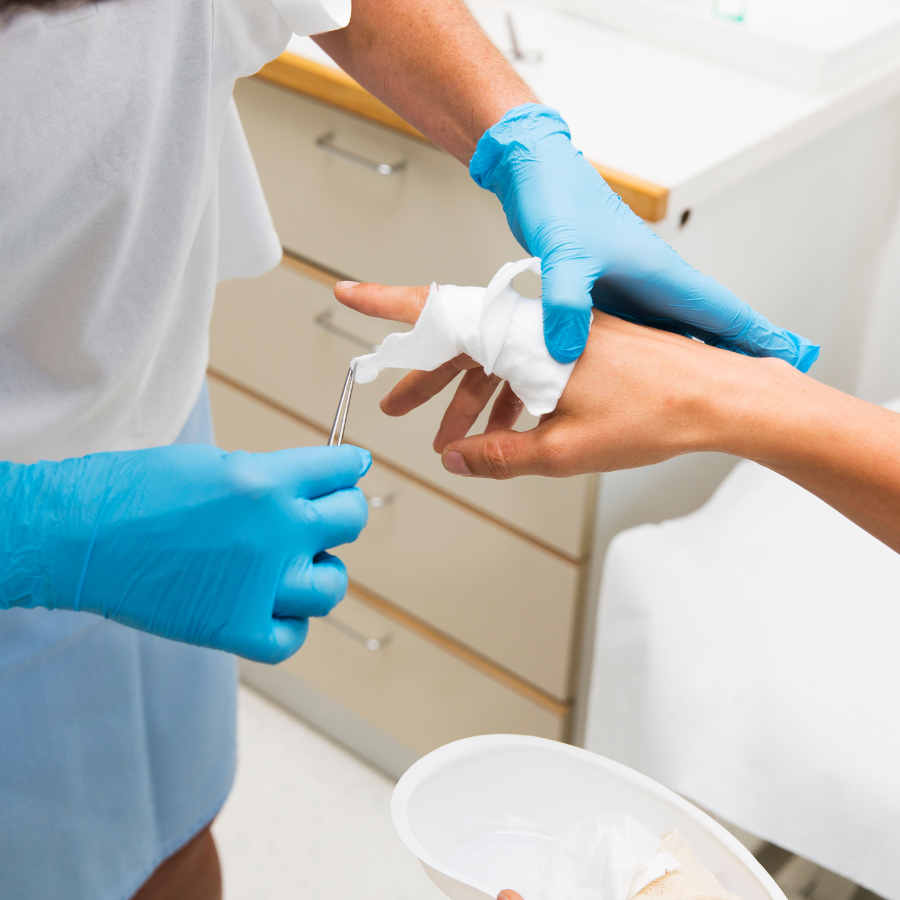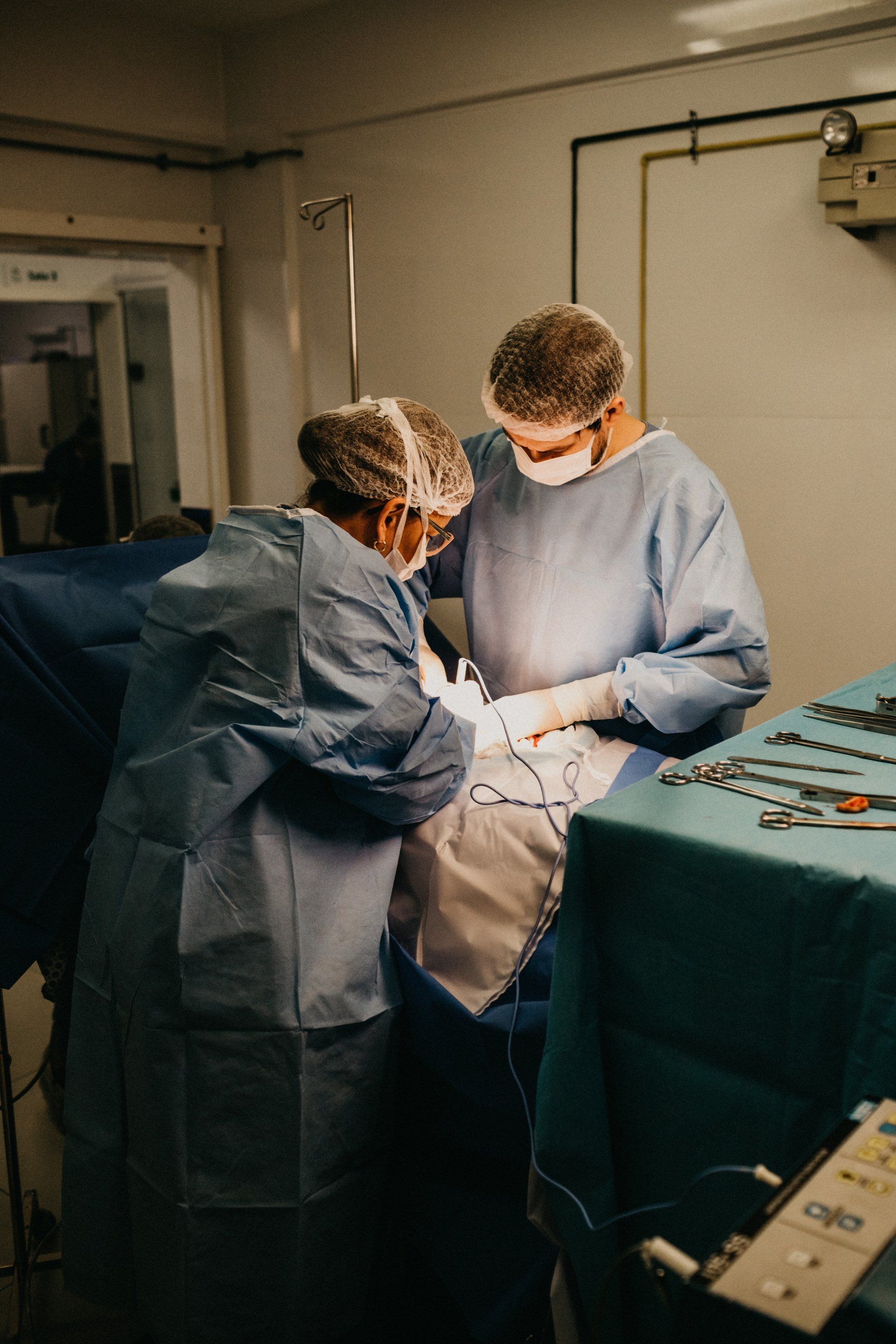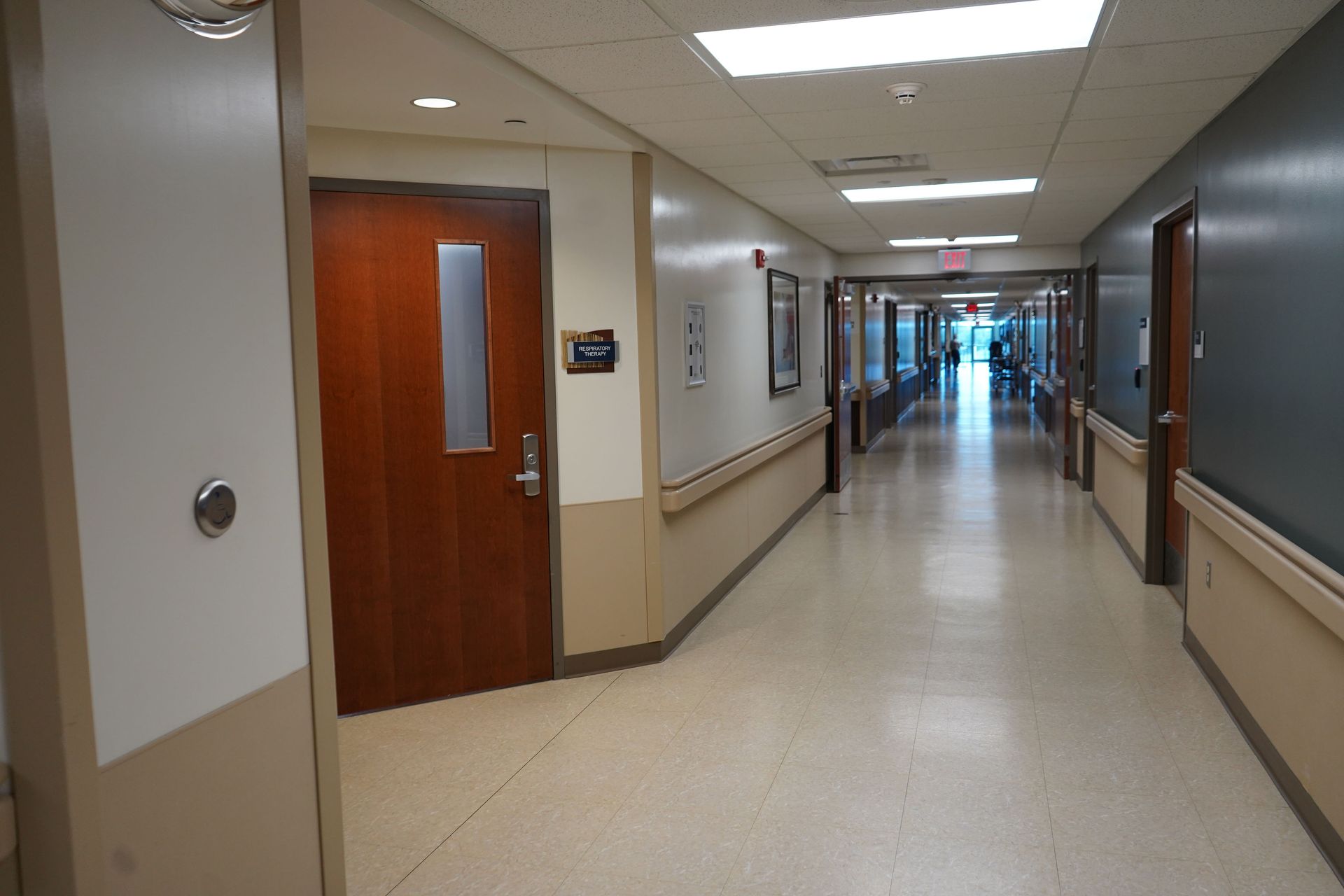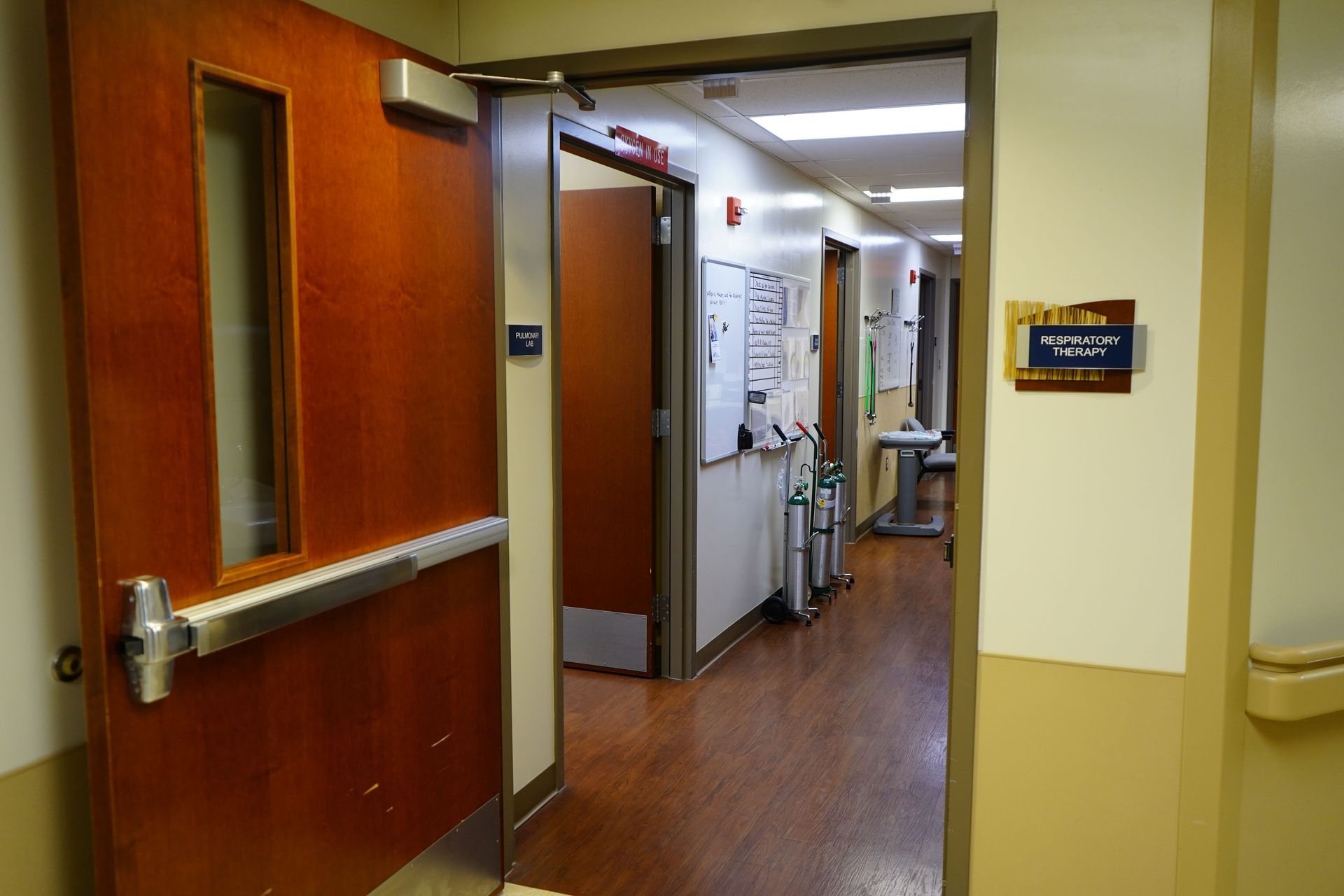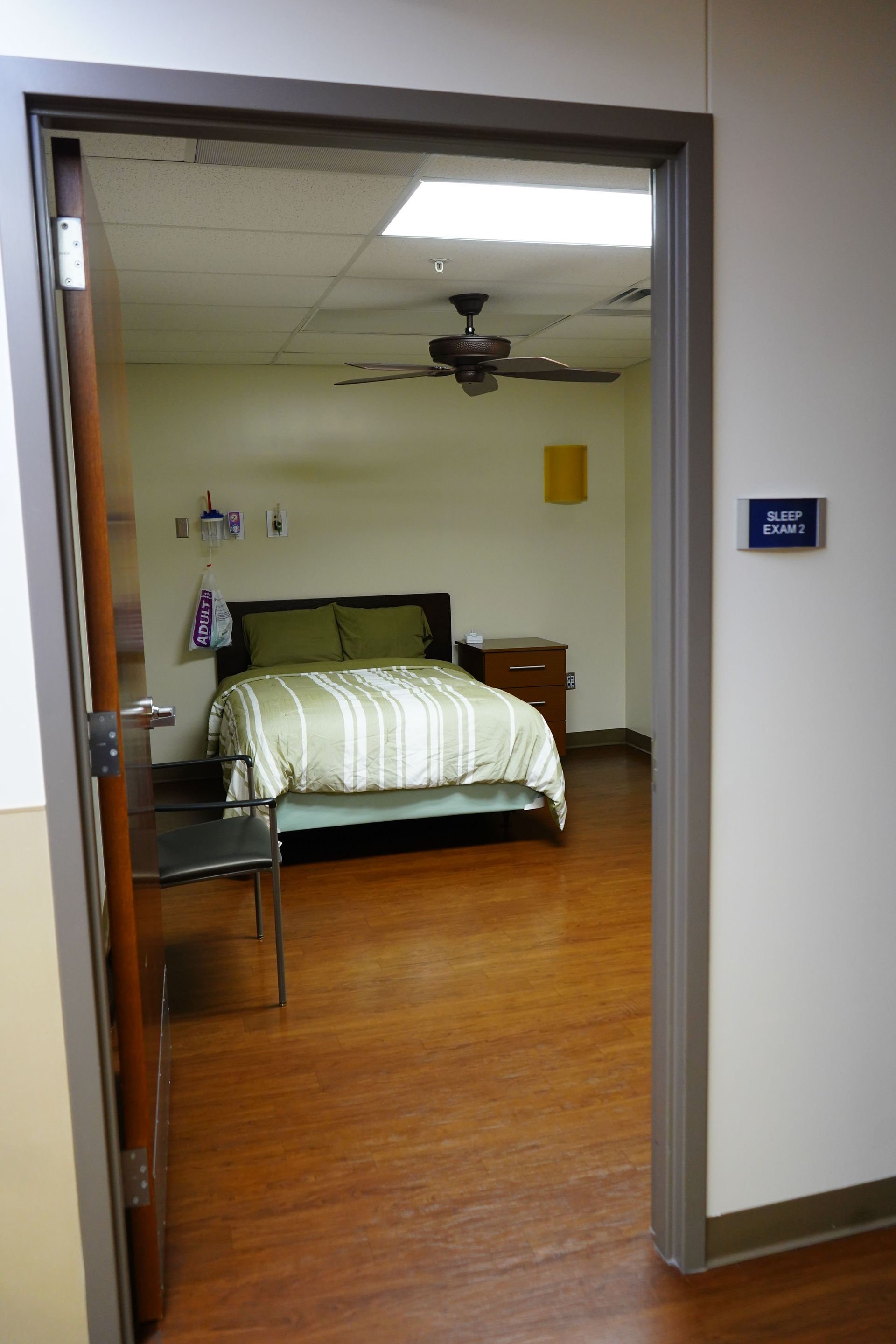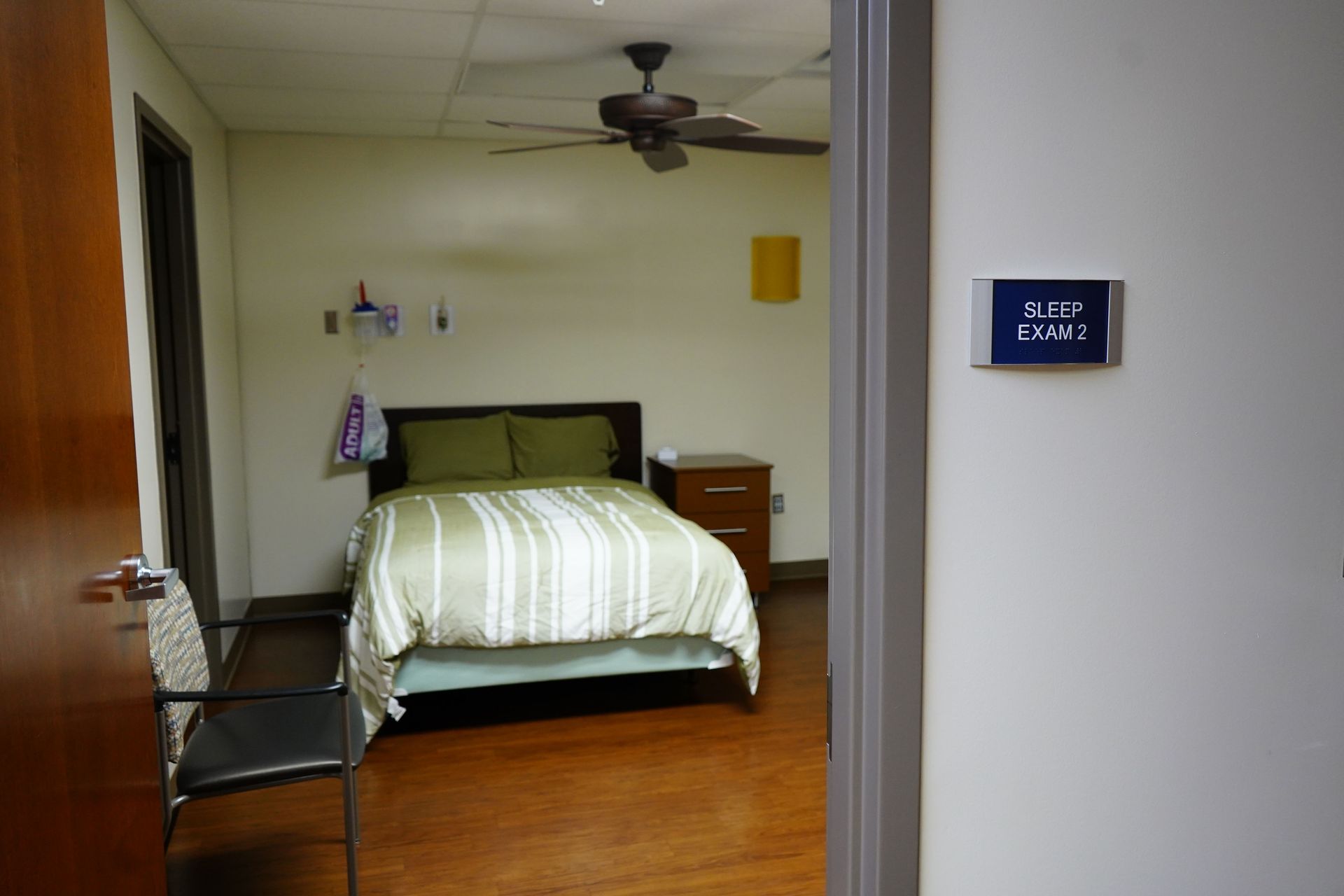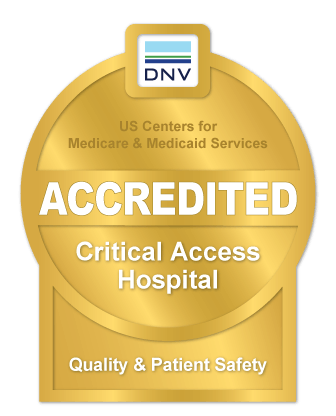Sleep Health

A good night's rest starts here...
At Clarinda Regional Health Center's Accredited Sleep Lab, we are committed to “Advancing Exceptional Care” by helping you understand your sleep patterns and address any sleep-related issues. Sleep disorders can significantly impact your overall well-being, affecting your ability to rest properly and remain alert during the day. Left untreated, sleep disorders can lead to severe health complications.
Ready to talk to your provider about your sleep concerns?
Schedule a visit with your primary care provider. In most cases your provider will need to do a physical exam and talk to you about your symptoms. Your PCP may also want to schedule additional testing.
Do You Have A Sleep Disorder?
When to talk to your provider about your sleep issues is essential for to your overall health. Many people experience sleep issues without realizing they may need medical help. Consider the following questions to determine if you should talk to your provider:
- Do you feel excessively tired during the day, even after a full night’s sleep?
- Do you struggle to fall asleep or stay asleep regularly?
- Does your partner notice loud snoring or pauses in your breathing while you sleep?
- Do you wake up with headaches, a dry mouth, or feeling unrested?
- Do you have difficulty focusing, remembering, or staying alert during the day?
- Do you frequently move your legs or have an uncontrollable urge to move them while resting or trying to sleep?
- Do you engage in unusual behaviors during sleep, such as sleepwalking or talking?
If you answered "yes" to any of these questions, you may have a sleep disorder that requires further evaluation.
Common Sleep Disorders
Sleep Study Options
At CRHC, we offer both In-Lab Sleep Studies and Home Sleep Studies to diagnose and manage sleep disorders. Your provider will help you determine whether an in-lab or home study is the best fit for your needs based on your symptoms and medical history.
In-Lab Sleep Study
Comprehensive Monitoring: Full monitoring of brain activity, breathing, oxygen levels, and heart rate.
Diagnosis of Complex Conditions: Ideal for diagnosing a wide range of sleep disorders.
Controlled Environment: Sleep in a quiet, comfortable setting with direct supervision from sleep technicians.
Home Sleep Study
Convenience: Conduct the test in your own home.
Simplified Monitoring: Focuses on diagnosing obstructive sleep apnea.
Cost-Effective: Typically more affordable, with fewer sensors involved.
Causes of Sleep Disorders
Sleep disorders can have a variety of causes, ranging from physiological to psychological factors. Treating sleep disorders often involves addressing the underlying cause, whether medical, psychological, or lifestyle-related. In some cases, sleep aids, cognitive behavioral therapy, or other interventions may be necessary.
Other CRHC Services
Sleep Health FAQs
How are sleep disorders diagnosed?
A healthcare provider will diagnois you with any sleep disorders after physical exams and reviewing symptoms. They may ask you to collect data, like a sleep diary or ask you questions about your sleep.
How are sleep disorders treated?
Sleep disorders are treated with a variety of methods depending on the type and severity of the disorder. Here’s an overview of common treatment options:
- Lifestyle & Behavorial Changes: That could include sleep hygiene, Behavorial techniques or relaxation techniques.
- Medications
- Sleep Apnea treatments: A CPAP is a continuous Positive Airway Pressure device that delivers a steady flow of air through a mask while you sleep so that your airways can be kept open.
Not all these methods or treatments are right for everyone, so make sure if you have concerns about your sleep health, you are speaking to your provider to discuss testing, treatments and available options.
Can sleep disorders be prevented?
You can’t prevent all types of sleep disorders, but you can reduce your risk by practicing good sleeping habits. You can also pay special attention to stimulants that might increase your risk of poor sleep.
When should I see a healthcare provider?
As soon as you start having trouble with sleep and wakefulness that affects your quality of life. This could mean falling asleep, staying asleep or awake, getting restful sleep or unexplained daytime sleepiness or tiredness.
Where do sleep studies occur?
At CRHC we offer both in-home and in-lab sleep studies. Your provider will help you determine whether an in-lab or home study is the best fit for your needs based on your symptoms and medical history. If an in-lab sleep study is chosen, that sleep study will be conducted in our sleep rooms inside the Respiratory Therapy department at CRHC.
